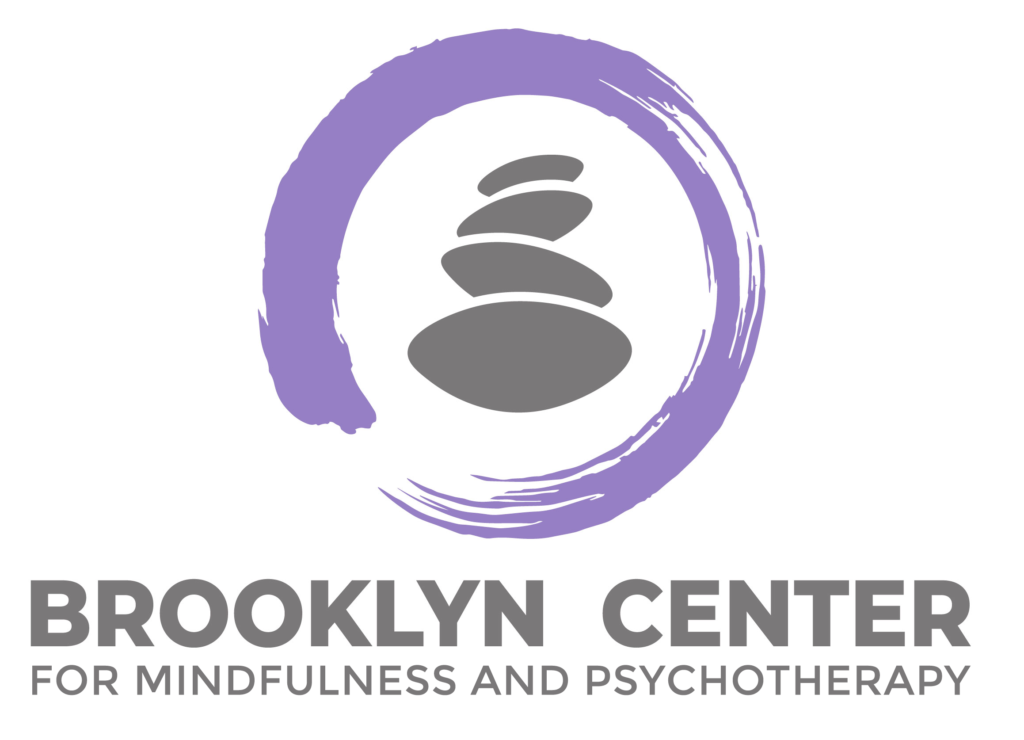Welcome to our blog, where we delve into the crucial topic of “Improving Parent-Child Relationships: Strengthening Bonds through Therapy” in the vibrant city of New York. In this article, we will explore the transformative power of therapy in fostering more robust connections between parents and their children. From navigating communication challenges to promoting emotional understanding, we will uncover the invaluable tools and resources available in New York to help families build healthier and more fulfilling relationships. Join us on this journey as we discover therapy’s profound impact on strengthening the parent-child bond and nurturing lasting connections.
Understanding Parent-Child Relationship
Various factors, such as cultural background, socioeconomic status, and family dynamics, can influence the parent-child relationship in New York City. In many families, both parents work outside the home, making balancing work and family responsibilities challenging. This may lead to guilt or stress for parents who cannot spend as much time with their children as they would like.
Additionally, the diversity of New York City’s population means many different parenting styles and approaches. Some families may prioritize academic success, while others focus more on emotional well-being or physical health. Despite these differences, research has shown that a solid and positive parent-child relationship is essential for children’s development and well-being. This can include open communication, mutual respect, and a nurturing environment that supports growth and learning.
Common Parent-Child Relationship Problems
Parent-child relationship problems are not uncommon in New York, as many families struggle with communication, trust, and boundary issues. One of the most common problems is a need for more communication between parents and their children. This can lead to misunderstandings, misinterpretations, and conflict that can be difficult to resolve without open and honest communication.
Another common issue is the need for clear boundaries and expectations. Parents may have different ideas about acceptable behavior for their children, leading to confusion and conflict. In addition, some parents may struggle with limiting their child’s behavior or allowing them to make their own decisions, leading to resentment or a lack of respect. These problems can be exacerbated by factors such as divorce, financial stress, or mental health issues in the family. However, resources available in New York, such as counseling services and support groups, can help families navigate these challenges and strengthen their relationships.
Ways to Strengthen the Parent-Child Relationship
Strengthening the parent-child relationship is crucial for a happy and healthy family life. In New York, there are several ways to achieve this. One option is to spend quality time together, such as going on family outings or participating in activities everyone enjoys. Another way is to communicate openly and honestly, where both parents and children feel comfortable expressing their thoughts and feelings. It’s also important to set boundaries and rules everyone agrees on, which can help prevent conflicts and build trust. Finally, showing love and affection towards each other through small gestures like hugs or saying “I love you” can go a long way in strengthening the bond between parents and children.
Why is Therapy Important for Improving Parent-Child Relationships?
Therapy can effectively improve parent-child relationships by helping both parties better understand one another and learn how to communicate in healthier ways. In New York, where families often juggle busy schedules and high-stress environments, therapy can provide a valuable space for parents and children to express their feelings and work through any conflicts they may be experiencing.

One of the key benefits of therapy is that it can help parents and children develop stronger emotional bonds with one another. By giving both parties a safe and supportive environment to share their thoughts and feelings, therapy can help build trust and intimacy between parents and their children. This can be particularly important during stress or conflict, providing a foundation for healthy communication and problem-solving.
In addition to improving emotional bonds between parents and children, therapy can provide practical tools for managing difficult situations. Therapists often teach families strategies for dealing with conflict, setting boundaries, and resolving disagreements constructively. By empowering parents and children with these skills, therapy can help prevent minor issues from escalating into more significant problems. Overall, treatment is essential for improving parent-child relationships in New York City, providing families with the support they need to thrive in even the most challenging circumstances.
Types of Therapy Used in Parent-Child Relationships
In New York, like in many other places, various types of therapies are used in parent-child relationships to address specific issues and promote healthier dynamics. Here are some common types of therapy used in parent-child relationships in New York:
- Family Therapy: Family therapy involves the entire family, including parents and children, coming together to address issues and improve communication and relationships. It focuses on identifying and resolving conflicts, improving communication patterns, and promoting understanding among family members.
- Parent-Child Interaction Therapy (PCIT): PCIT is a specialized therapy that focuses on improving the parent-child relationship by enhancing the quality of interactions. It involves direct coaching and feedback to parents while interacting with their children. PCIT aims to improve communication, discipline strategies, and emotional bonding between parents and children.
- Play Therapy: Play therapy is a therapeutic approach that utilizes play to help children express their thoughts, feelings, and experiences. It can involve various play-based activities, including art, sand play, and role-playing. Play therapy can help children develop problem-solving skills, improve self-esteem, and enhance their relationship with their parents.
- Attachment-Based Therapy: Attachment-based therapy strengthens the attachment bond between parents and children. It addresses issues related to attachment and bonding, particularly in cases where there may have been disruptions or trauma. This therapy helps parents understand their child’s emotional needs and develop more nurturing and responsive behaviors.
- Cognitive-Behavioral Therapy (CBT): While primarily an individual therapy approach, CBT can also be adapted to address parent-child relationship issues. It helps parents and children identify and change unhelpful thoughts, behaviors, and communication patterns. CBT can effectively improve conflict resolution skills, emotional regulation, and problem-solving within the parent-child relationship.
- Dyadic Developmental Psychotherapy (DDP): DDP is a specialized therapy for children who have experienced early trauma or attachment difficulties. It focuses on enhancing the parent-child relationship through increasing parental sensitivity, attunement, and emotional availability. DDP often involves individual therapy for the child and therapy for the parent-child dyad.

Benefits of Therapy for Improving Parent-Child Relationships
Therapy can be highly beneficial for improving parent-child relationships in New York, as it provides a supportive and structured environment for parents and children to address and work through various challenges. Here are some specific benefits of therapy in this context:
- Enhanced Communication: Therapy can help improve communication between parents and children by teaching practical listening skills, encouraging open dialogue, and providing a safe space for expressing thoughts and feelings. This enhanced communication fosters understanding, empathy, and stronger connections between parents and children.
- Conflict Resolution: Therapy equips parents and children with the necessary tools and strategies to handle conflicts and disagreements constructively. Through therapy, they can learn healthy conflict-resolution skills, such as active listening, compromise, and problem-solving, leading to more harmonious relationships.
- Emotional Support: Therapy provides emotional support for parents and children, allowing them to explore their emotions, process difficult experiences, and receive guidance in managing stress, anxiety, or other emotional challenges. This support can foster resilience, empathy, and emotional well-being within the parent-child relationship.
- Parenting Skills and Education: Therapists can offer parents valuable insights into child development, behavior management techniques, and effective parenting strategies. They can help parents understand their child’s unique needs and provide guidance on setting appropriate boundaries, implementing consistent discipline, and promoting positive reinforcement.
- Healing Past Traumas: Therapy can help identify and address past traumas or unresolved issues that may impact the parent-child relationship. By working through these traumas, parents and children can heal emotional wounds, build trust, and develop healthier relationships.
- Strengthening Attachment: Therapeutic interventions can enhance the attachment bond between parents and children. Through activities, discussions, and interventions tailored to their specific needs, therapy can help parents create a secure and nurturing environment, enhancing the parent-child attachment and promoting safety and trust.
- Improved Coping Skills: Therapy teaches parents and children practical coping skills to manage stress, conflicts, and other challenging situations. By learning healthy coping mechanisms, parents and children can successfully navigate difficult circumstances, leading to improved overall family dynamics.
- Supportive Community: Engaging in therapy can connect parents and children with a supportive community of professionals, peers, or support groups. This community can offer additional resources, guidance, and validation, reinforcing positive changes and promoting ongoing growth in the parent-child relationship.
Conclusion
In conclusion, therapy at Brooklyn Mindful in New York can be a transformative and invaluable resource if you want to enhance the bond between you and your child. Through compassionate and evidence-based approaches, their experienced therapists provide a safe space for parents and children to explore their emotions, communication patterns, and attachment styles. By engaging in therapy, you can deepen your understanding of each other, cultivate healthier dynamics, and foster a more loving and connected relationship. Don’t hesitate to reach out to Brooklyn Mindful today and embark on this enriching journey toward improving your parent-child relationship.




